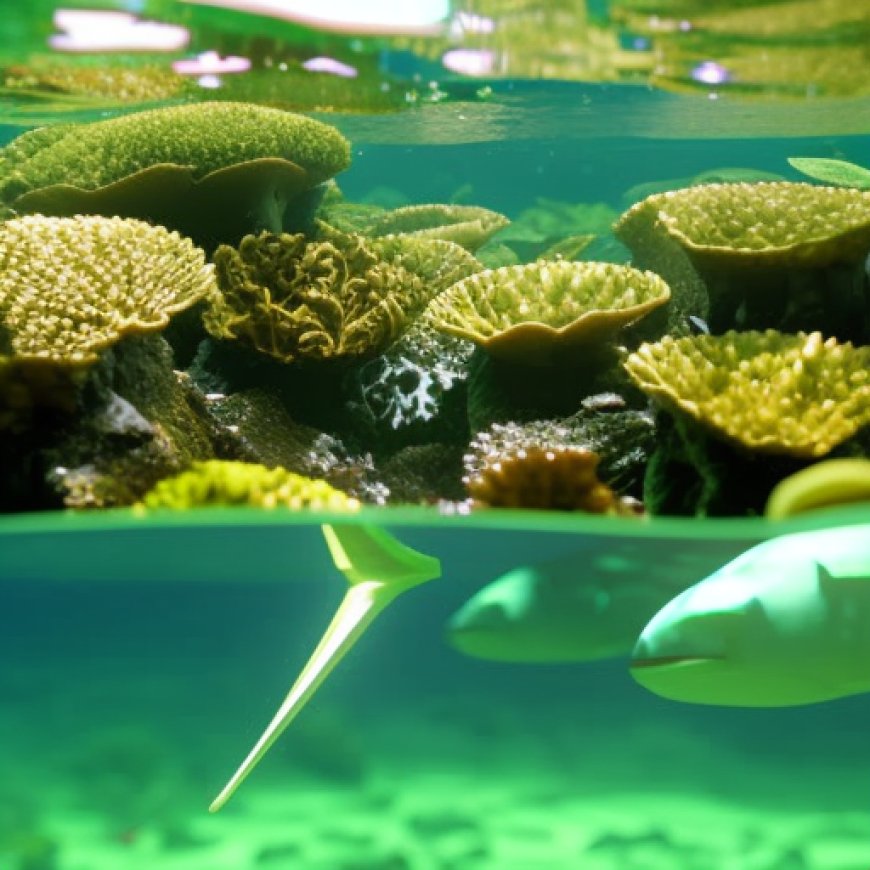Belize to launch project to make biofuel from seaweed clogging Caribbean coasts
Belize to launch project to make biofuel from seaweed clogging Caribbean coasts Reuters


Belize to Develop Pilot Project to Convert Sargassum Seaweed into Biofuel
Oct 3 (Reuters) – Belize is developing a pilot project to convert the masses of foul-smelling sargassum seaweed swamping its pristine beaches into biofuel, its prime minister said in a statement published by regional Caribbean bloc CARICOM on Tuesday.
Many Caribbean countries depend economically on drawing travelers from around the world to their white sand beaches, but since 2010 heaps of rotting seaweed have been massing on the shores for reasons scientists do not yet fully understand but suspect are related to climate change.
Environmental Impact of Sargassum Seaweed
Floating sargassum provides shelter and food for marine animals but as it washes ashore it can smother ecological habitats and begins to rot, becoming harmful to humans.
Belize Prime Minister John Briceno said in the statement the $50 million facility, result of a public-private partnership with German company Variodin, would convert municipal solid waste and sargassum into diesel fuel replacements.
Scaling Up the Project
The facility could be scaled up with more financing, he added, saying it would sign a power purchase agreement (PPA) for energy generated from the plant.
“The sargassum seaweed invasion (is) causing economic, social and environmental wreckage across Belize and the Caribbean,” CARICOM said, citing estimates the region spends $120 million a year to collect and dispose of it.
“Removal is a vicious cycle of never-ending sargassum, a cycle that removes the seaweed but also the sand, causing further damage to the coastline,” it added, noting that 24 million tons landed on Caribbean coasts last year – hitting tourism, the fishing industry and people’s health.
Sustainable Development Goals (SDGs)
Briceno said that while complete mitigation is no longer possible, control is within reach.
“Research conducted shows that conversion of sargassum into the Belize energy mix is a viable solution to the problem,” he said, without detailing when the plant would be operational.
Conclusion
In conclusion, Belize’s pilot project to convert sargassum seaweed into biofuel is a significant step towards addressing the environmental and economic challenges posed by the seaweed invasion. By utilizing this abundant resource, Belize can contribute to the achievement of several Sustainable Development Goals (SDGs), including Goal 7 (Affordable and Clean Energy) and Goal 13 (Climate Action). The project also highlights the importance of public-private partnerships in finding innovative solutions to environmental issues.
Sources:
Our Standards:
- reuters.com

Join us, as fellow seekers of change, on a transformative journey at https://sdgtalks.ai/welcome, where you can become a member and actively contribute to shaping a brighter future.







